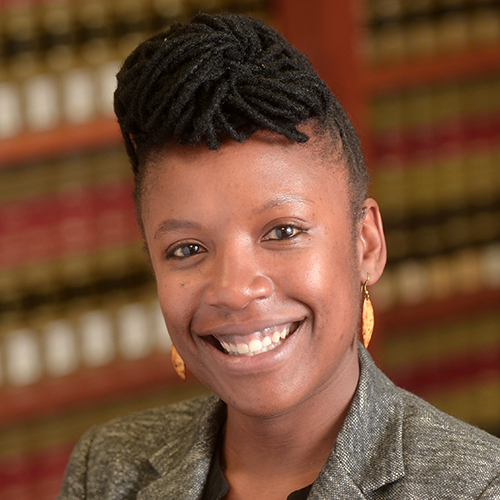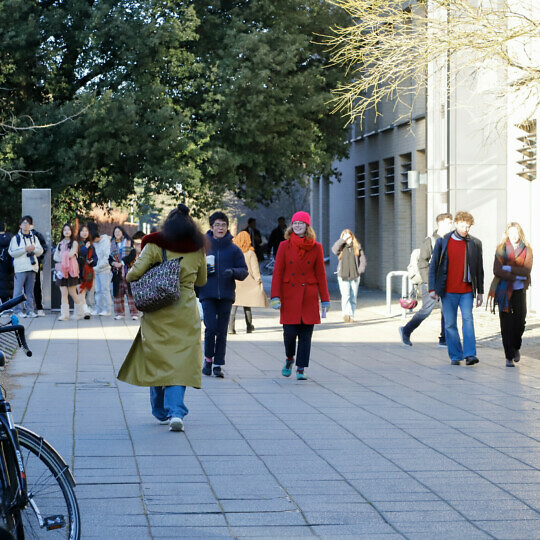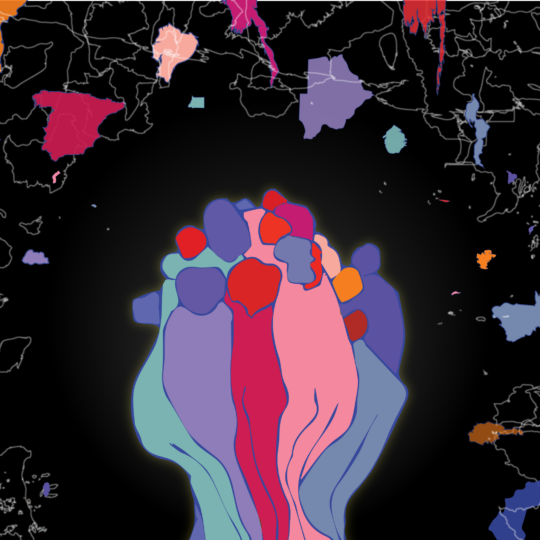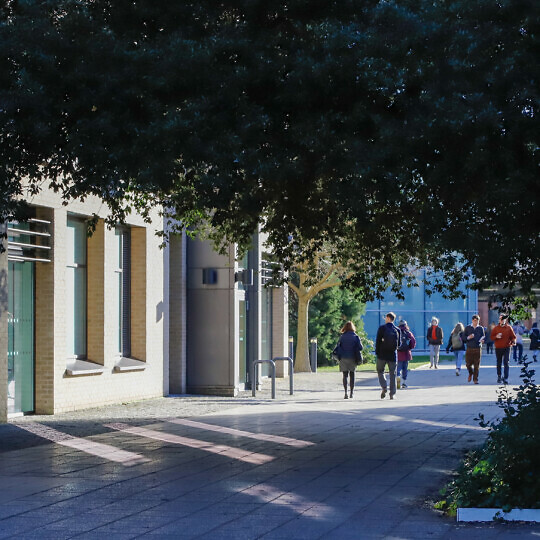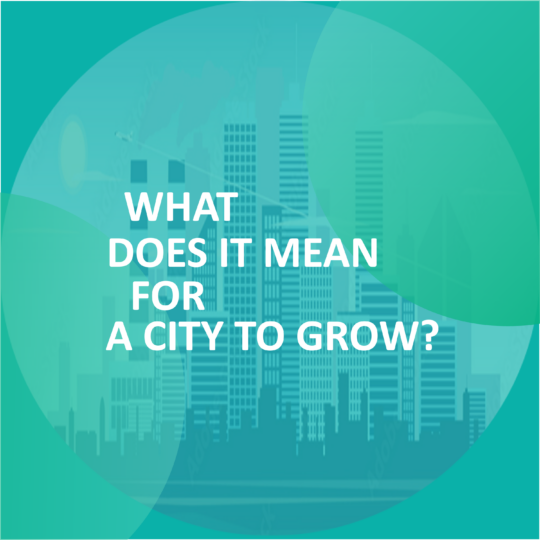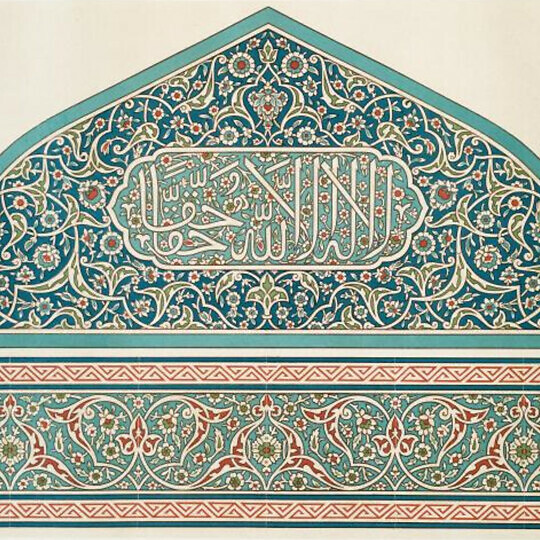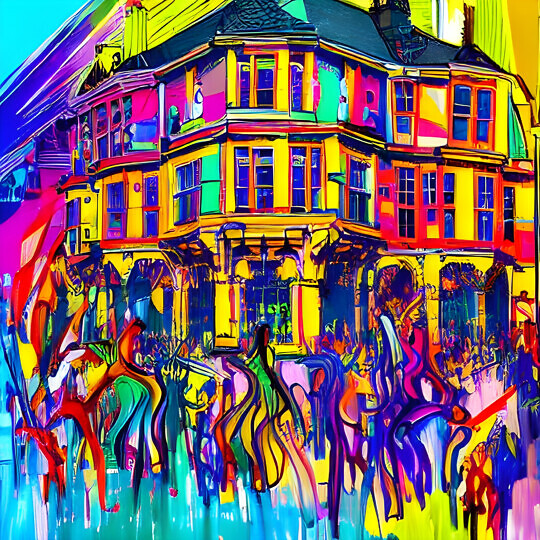| 20 Jun 2018 - 21 Jun 2018 | All day | SG1 and SG2, Alison Richard Building | |
- Description
Description
Registration for this workshop has now closed.
Convenors
Corinna Howland (University of Cambridge)
Patrick O'Hare (University of Surrey)
Summary
The cooperative has proved to be a remarkably enduring and adaptive organizational form. With roots in the Industrial Revolution and with its current iterations persisting in/in spite of the highly contested materialities and moralities of neoliberalism, cooperatives manifest across different socio-historical contexts and economic sectors, whilst also leading distinctive local lives. As such, the cooperative has emerged as a floating signifier for a range of ventures aimed at social and economic transformation: grassroots responses to economic pressures and crises, modernization and development projects, and business endeavours such as the Basque private sector powerhouse Mondragón. With such diversity of histories and practice, what actually links cooperatives to one another? Why have cooperatives, as an organizational form, persisted for such a long time?
There has been considerable and sustained interested in cooperatives across the humanities and social sciences. Yet these approaches, which centre upon their status as economic organizations, political projects, and sites of meaning and value-making, remain largely siloed within specific disciplines. In anthropology, political science, and sociology, much of the debate has centred on whether cooperatives constitute a launch-pad for radical departures from prevailing social and economic conditions, or whether they instead reinforce the status quo. Other work, particularly in economics and development studies, has focused on more explicitly descriptive and applied ends: analysing the structure, efficiency, and successes/failures of particular cooperative projects, often in order to contribute to the progressive development of cooperative entities overall. What can we gain from bringing these two strands of research together? Furthermore, is it possible for us to move discussions of cooperatives beyond a consideration of structural politics and applied approaches, and what are the implications of this? What other (shared) avenues of analysis are open to us as cooperative scholars? As its primary objective, this two-day workshop seeks a more sustained and coherent interdisciplinary theorizing of contemporary and historic cooperative practice.
In particular, the workshop will explore the following questions: why and how have cooperatives endured as a form of social organization? What forms of sociality, politics, morality, and material practice do cooperatives engender? What is the relationship between cooperative form and practice across time and space? What role do cooperatives play in contesting and/or reproducing status-quo economics, politics, and associated social forms? How might attentiveness to recent theorising about economics – particularly notions of performativity and the commons – generate new ways of thinking about cooperatives? Finally, how might cooperatives shadow other kinds of communal and collaborative working groups, such as labour unions, collectives, and associations?
Sponsors

Supported by the Centre for Research in the Arts, Social Sciences and Humanities (CRASSH), and the University of Cambridge's School of the Humanities and Social Sciences.
Administrative assistance: events@crassh.cam.ac.uk


